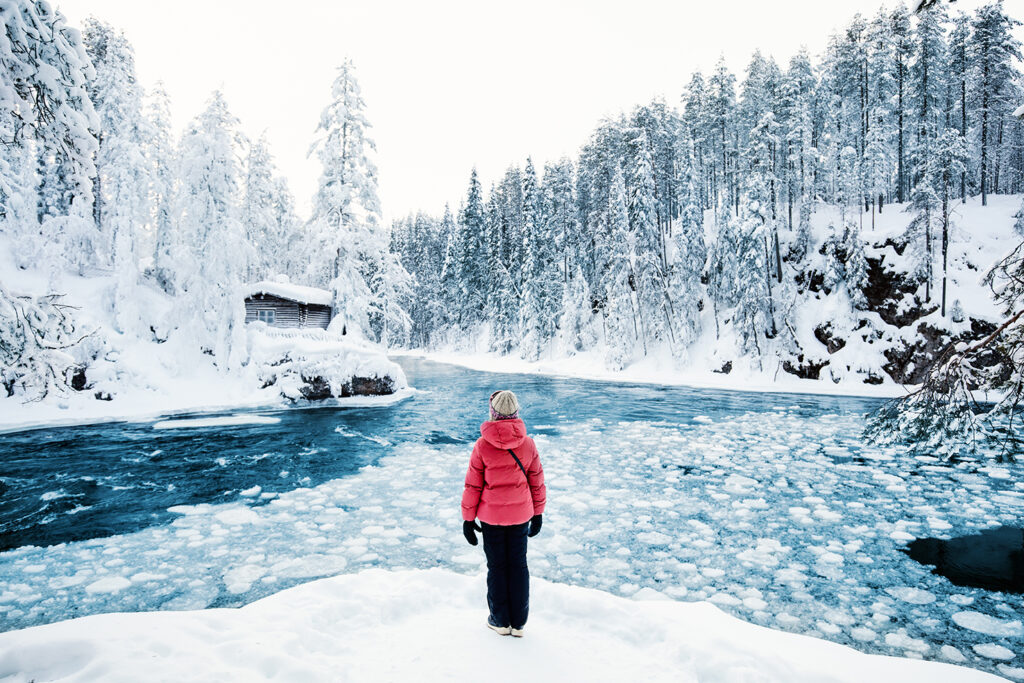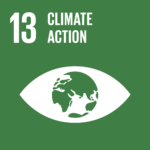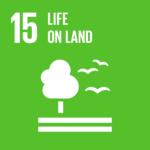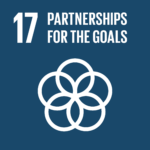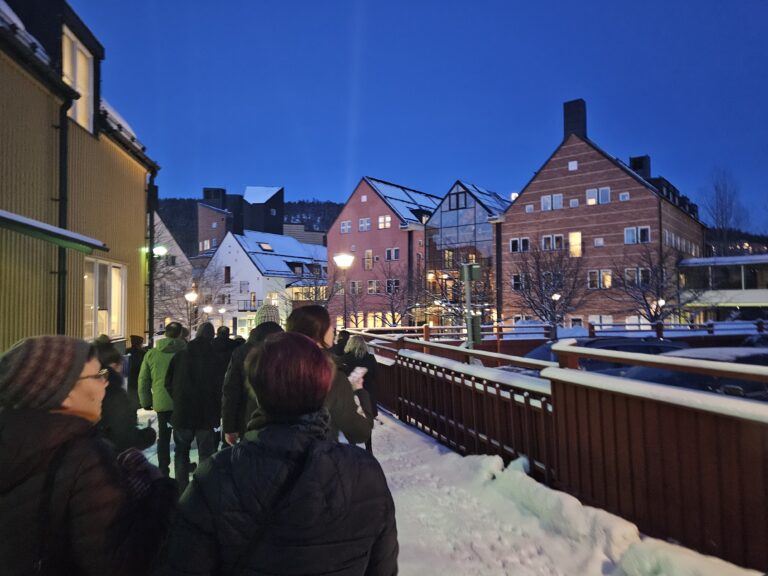Photo: Mostphotos, Oulanka National Park in Finland
The ongoing climate change affects National Parks and Nature Reserves in many ways, including effects on nature types and recreational facilities. The changing conditions threaten the values of the areas and creates new risks for both management and visitors. Addressing climate change within the management of protected areas is crucial to maintaining a sustainable and safe management and to preserve their valuable resources as far as possible.
Through the cross-border cooperation in the Interreg Aurora funded project CLAP, protected area managers in northern Norway, Sweden and Finland will learn and pilot a systematic approach to climate change adaptation planning. Project partners will also jointly learn about how to build climate adapted trails, test electric equipment in maintenance work and develop a model for climate-wise campsites. In connection to this, visitor centres will jointly develop and pilot new ways to communicate about climate change and its on-going effects to visitors. Together with adaptation measures, communication will help keep visitors safe, inspire climate friendly behaviour and reduce possible negative impact of tourism on nature.
The project will also enable staff exchange and investigate models for future cooperation between partner organisations, so that the established cross-border networks created during the project will be able to continue to cooperate after the project has ended.
By increasing the knowledge, capacity and means for managers of Arctic protected areas to adapt to the new circumstances caused by climate change, and by communicating abut it actively, we will be able to better prepare for and adapt to the risks of the changing climate.
Contact:
Anna Berhan, Länsstyrelsen i Norrbottens län, Anna.Berhan@lansstyrelsen.se

